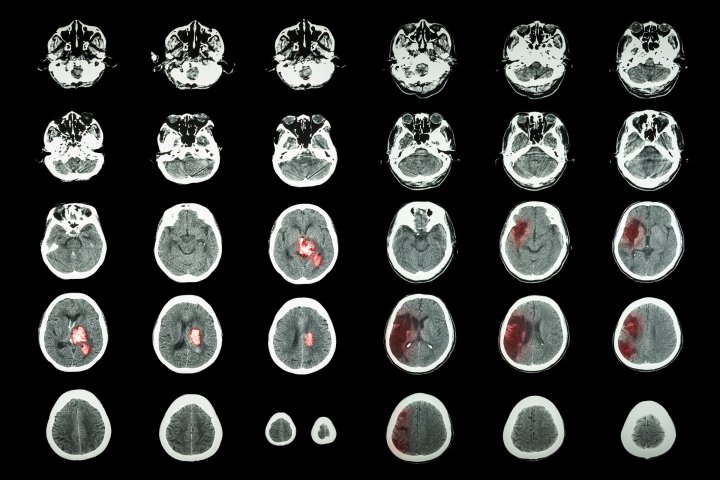Talpiot, the Israeli military’s elite “brain trust,” recruits personnel of outstanding intellectual ability to work on military technology—but now some of its alumni are pioneering ways to save lives too. Launched in 2016 by three Talpiot veterans, Aidoc analyzes reams of medical images (like CT-scans) to help radiologists identify abnormalities at high speed; to date, its software has scoured more nearly 260,000 images, saving 50,000 hours of human work. Many hope that companies like Aidoc will be the palliative to a looming data thrombosis: medical data is projected to total 2.3 trillion gigabytes by 2020, according to one study. “The amount of data available has created an overload,” CEO Elad Walach, 30, tells TIME. “AI can provide the value from the data that will really impact patient outcomes today.” We’re still a ways from rating robo-physicians on bedside manner, but as an industry, medical AI is projected to reach $6.6 billion by 2021, according to Accenture. Aidoc’s technology is already supporting medical practitioners in 50 hospitals worldwide. Last month, the company was granted FDA approval to scan images for brain hemorrhages—the first for a radiology AI. —Eli Meixler
Next Up
Most Popular Stories
More Coverage
More from TIME.com
TIME may receive compensation for some links to products and services on this website. Offers may be subject to change without notice.
















